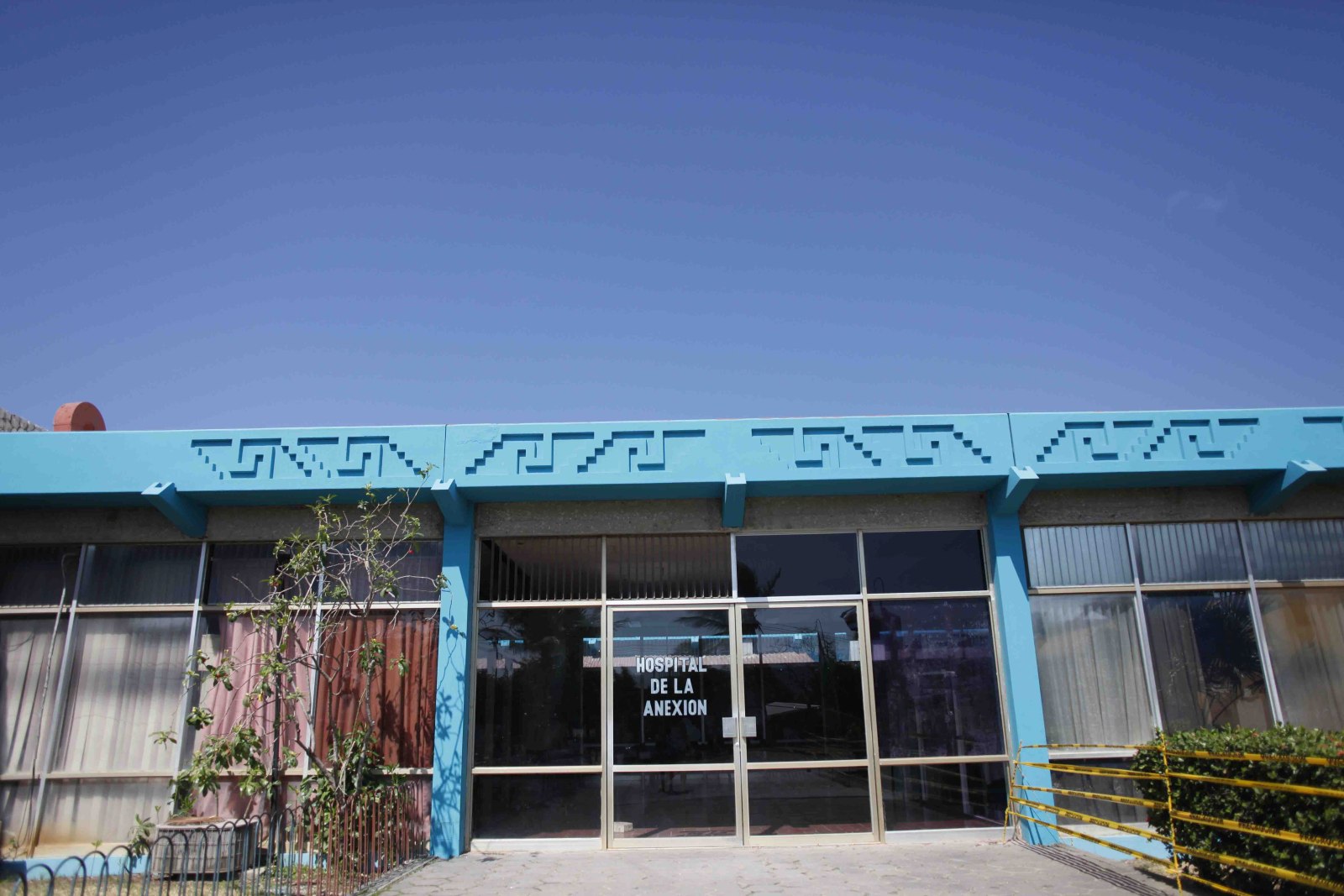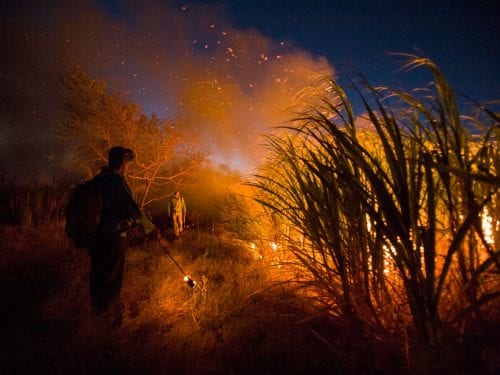
Epidemiologist and Oncologist Dr. Roy Wong McClure asked the Ministry of Health and the Presidency of the Republic to declare a health emergency in Guanacaste due to the increase of renal failure in sugar industry workers.
The oncologist said that figures for 2010 indicated 110 people on dialysis at the Enrique Baltodano hospital of Nicoya, 350 affected in Cañas and similar figures similar in the cantons of Bagaces, Carrillo and Philadelphia. In addition, 36 deaths were reported due to this condition. Renal failure is a disease that attacks the kidneys, caused by overexposure to the sun and bad or no hydration and that typically affects sugar gatherers.
Due to the irresponsibility of companies and contractors, these workers being left in a state of helplessness, unemployed, with irreversible injuries to their kidneys, without insurance or medical care, and many have even died, denounced the Citizen Action party (PAC) legislator, Yolanda Acuña.
Acuña called the treatment given to the sugar workers as inhumane, exposing them for years to conditions that inevitably affect their health without providing the corresponding insurance, they are later dismissed without any right to their employee benefits, as soon show they show signs of renal failure.
To this end, she presented a memorandum signed by the manager of human resources from Ingenio Taboga S.A., which recommends the dismissal of eight workers because the lab tests for renal function and blood tests performed on these sugarcane workers are outside the normal parameters.
The document recommended that they be “liquidated as soon as possible” before they become incapacitated by their disease.
“This disease is affecting parents, leaving us no income to live on. To eat we live on people’s charity. We do not have insurance or conditions to get treatment for the sick. Our children are unable to study,” lamented the wife of one of the sugarcane workers that has renal failure, Patricia Calero, filled with sadness.
Calero also appealed to people to show solidarity with organ donation.
According to Costa Rican Social Security (CCSS), the number of patients with this disease, just in Guanacaste, has tripled, and the majority of those affected are men under 50 years of age who work in agriculture and are poor, which “has caused an overload of hemodialysis services.”
In addition, a legislative investigation was requested to establish responsibilities between contractors, the mills and competent institutions like the Ministry of Health, the Ministry of Labor and the National Insurance Institute (INS).
Therefore, a motion will be presented to the Commission on Human Rights to determine how recurrent the practice is in the industry and what legal implications would be involved such as evasion of employer responsibilities regarding occupational health, social security and occupational hazards.







Comments